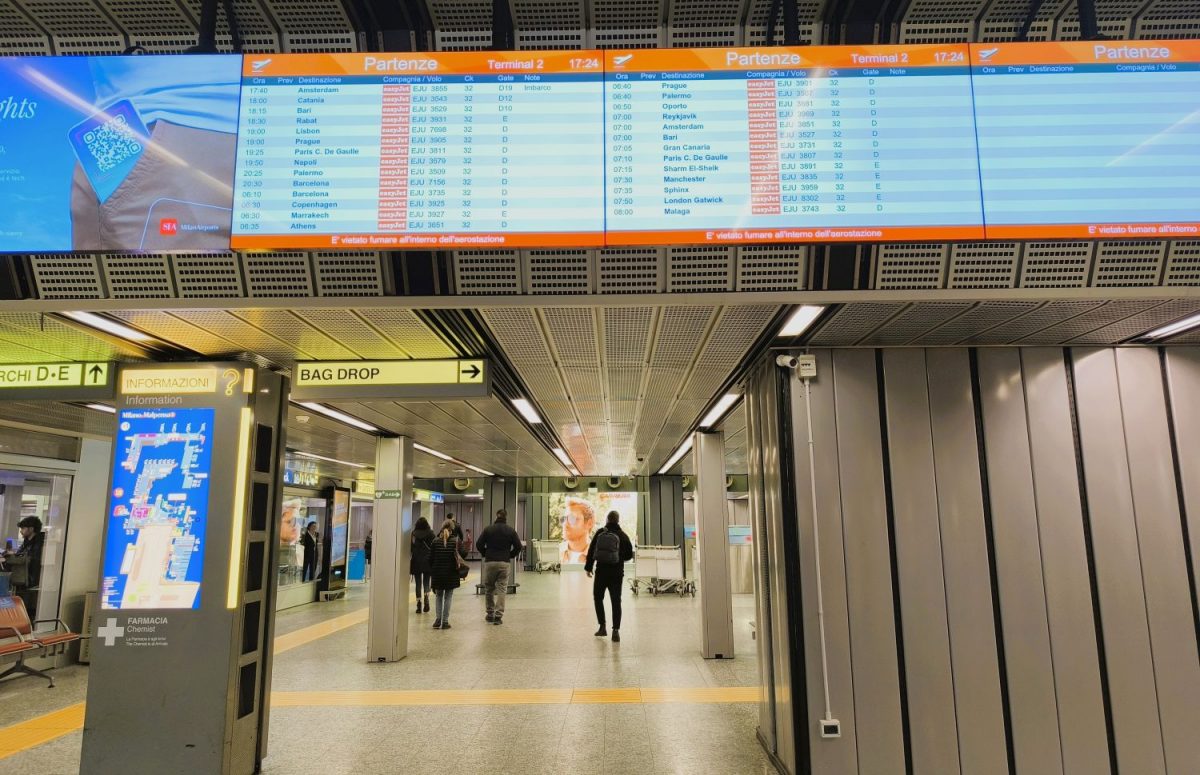Travelmole Guest Comment – Michelle Grant, Euromonitor International
Tightened security measures instigated following the foiled terrorist plot in London have had a minor short-term impact on demand for air travel in the US. However, if the restrictions on carry-on luggage remain in place for the mid to long term, demand, could weaken, particularly for business travel, and threaten the US airline industry’s return to profitability.
According to Euromonitor International, the airline industry had peak sales of US$100 billion in 2000, but the impact of the terrorist attacks on September 11th led to a significant decline in sales to US$82 billion in 2002. With capacity cuts and record-breaking demand, Euromonitor had predicted that the industry would recover and surpass 2000 sales with US$103 billion in 2006.
However, the ban of most liquids, gels and lotions from carry on luggage in the US has thrown this favourable outlook into question. Thus far, the Transportation Security Administration (TSA) has remained silent on how long these restrictions will last, but if the TSA makes these restrictions permanent, the minor short term impact could lead to a long term decline in demand for air travel.
Despite the increased security measures and initial airport chaos, Americans have not cancelled their trips or postponed booking trips significantly. Instead travellers have adjusted to the restrictions by checking more bags and arriving earlier to airports.
Business air travel will suffer more than leisure
Leisure travellers have grown accustomed to terror warnings and the tightened security measures are merely an inconvenience. Demand for leisure travel, while expected to be soft during the off season, will remain dependent on the state of the economy and fuel prices.
Business travellers, though also undeterred by terror warnings, depend on quickly boarding and leaving a plane to arrive promptly at meetings and to visit more than one destination in a day. The restrictions on carry on luggage have increased the hassle factor for business travellers. To avoid the hassle, some business travellers, have shipped their luggage home. However, this is not a long term solution. Already business travellers have said that they will schedule fewer trips this year. Executives are considering shared ownership of private jets and are following the development of microjets as a means of avoiding the more austere restrictions on air travel. These alternatives for commercial travel would result in weaker demand in the long term.
Security measures impact profit margins for airlines.
Airlines have responded to the restrictions by encouraging travellers to check in more bags, waiving cancellation fees, and adding express lanes for first class travellers to avoid long security lines. However, these actions have increased both fuel and labour costs. While high costs are not new to the industry, permanent restrictions if applied, combined with weaker demand, would make it even more difficult for airlines to become profitable in the short to mid term.
Bev
Editor in chief Bev Fearis has been a travel journalist for 25 years. She started her career at Travel Weekly, where she became deputy news editor, before joining Business Traveller as deputy editor and launching the magazine’s website. She has also written travel features, news and expert comment for the Guardian, Observer, Times, Telegraph, Boundless and other consumer titles and was named one of the top 50 UK travel journalists by the Press Gazette.
Have your say Cancel reply
Subscribe/Login to Travel Mole Newsletter
Travel Mole Newsletter is a subscriber only travel trade news publication. If you are receiving this message, simply enter your email address to sign in or register if you are not. In order to display the B2B travel content that meets your business needs, we need to know who are and what are your business needs. ITR is free to our subscribers.








































CCS Insight: eSIMs ready to take the travel world by storm
Germany new European Entry/Exit System limited to a single airport on October 12, 2025
Airlines suspend Madagascar services following unrest and army revolt
Qatar Airways offers flexible payment options for European travellers
Air Mauritius reduces frequencies to Europe and Asia for the holiday season